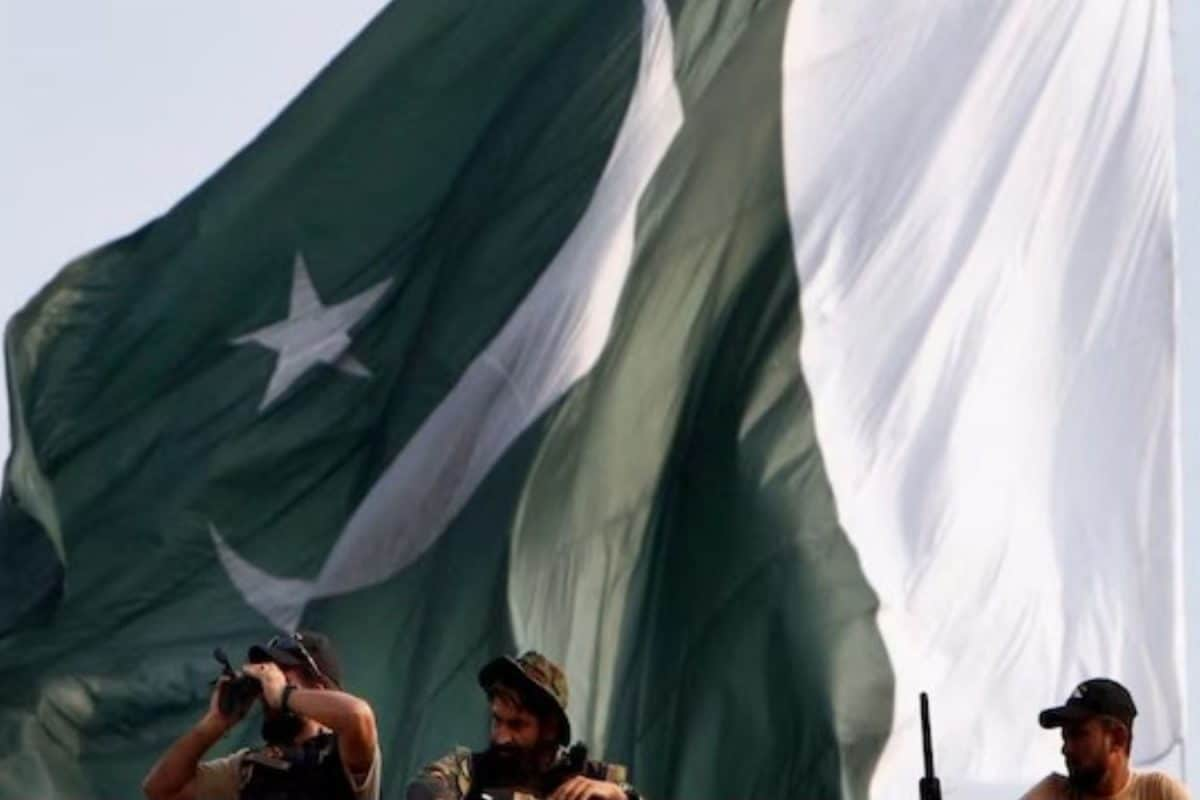

Following the Indian military's Operation Sindoor earlier this year, tensions between India and Pakistan remain high, leading to a series of retaliatory measures impacting diplomatic relations. Pakistan has reportedly responded to the operation by restricting essential services, including water, gas, and access to newspapers, for Indian diplomats stationed in Pakistan.
Operation Sindoor was launched by India on May 7th in response to the April 22nd Pahalgam terror attack in which 26 people were killed. Indian forces targeted terrorist infrastructure in Pakistan and Pakistan-occupied Jammu and Kashmir, reportedly eliminating over 100 terrorists. Pakistan retaliated with cross-border shelling and attempted drone attacks. India then launched coordinated counterstrikes, damaging radar installations, communication centers, and airfields across multiple Pakistani airbases.
The recent actions taken by Pakistan against Indian diplomats are viewed as a response to the fallout from Operation Sindoor. These restrictions on basic amenities and information access are seen as a pressure tactic and a means of expressing displeasure with India's actions.
This isn't the first instance of diplomatic friction between the two nations. In May 2025, after Operation Sindoor, both countries expelled diplomats. India expelled Pakistani officials, and Pakistan declared an Indian High Commission staff member "persona non grata". These actions reflect the deep-seated distrust and animosity that continue to plague India-Pakistan relations.
The impact of Operation Sindoor extends beyond diplomatic circles. Pakistan's decision to close its airspace to Indian-registered aircraft has reportedly cost the Pakistan Airports Authority a significant amount in revenue. India has also extended its airspace ban on Pakistani aircraft. These restrictions, initially introduced after India suspended the Indus Waters Treaty, have reduced Pakistan's transit traffic.
Despite the ongoing tensions, both sides have declared victory. However, the reality on the ground suggests a more complex picture, with increased military activity and a breakdown in diplomatic norms. The situation is further complicated by what some observers call "mis- and disinformation" clouding the understanding of events that transpired.
Army Chief General Upendra Dwivedi has criticized Pakistan's narrative management following Operation Sindoor. He referred to the situation as a chess game, highlighting the uncertainty and strategic maneuvering involved. He also pointed out the importance of information warfare in modern conflict, noting how the name "Sindoor" resonated across India.
The recent restrictions placed on Indian diplomats in Pakistan are another chapter in the complex and often acrimonious relationship between the two countries. While the long-term implications of these actions remain to be seen, they underscore the need for continued dialogue and de-escalation efforts to prevent further deterioration of relations.